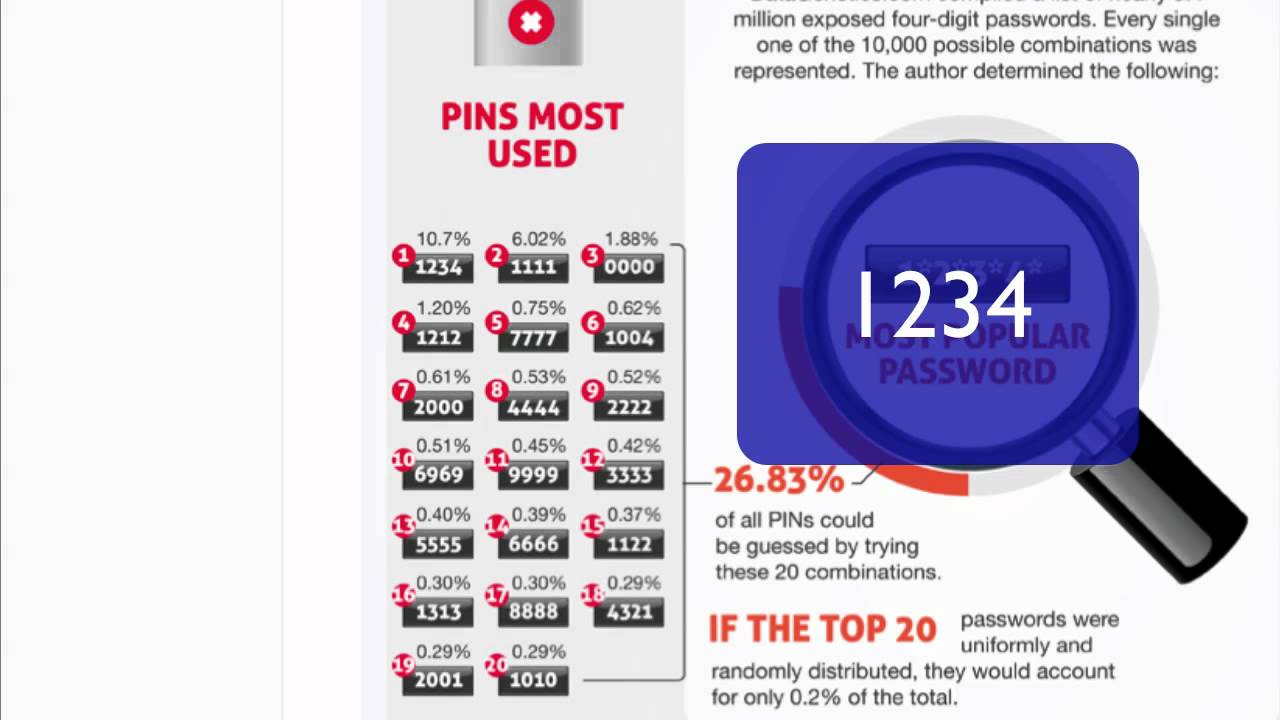Personal Identification Number (PIN) is a type of secret code used to protect access to certain information or resources. It is commonly used in combination with a user name or ID to authenticate a user in a system, allowing them access to secure services such as bank accounts, email accounts, and online services.
A PIN is typically composed of a string of numbers, typically four to twelve, and is intended to be memorized by the user rather than written down. However, since PINs can be weak and vulnerable to “guessing” and other hacking techniques, many systems supporting PINs also offer secondary authentication methods such as one-time passwords, token devices, and biometrics.
The use of PINs is an important part of computer security, as they help protect users from malicious attacks, such as identity theft. By having their PIN secure, users can ensure that the private information and resources they have access to are not leaked to unauthorized personnel.
The concept of PINs is related to the concept of passwords, which are much longer and, although much harder to guess, may be more vulnerable if not secured properly. PINs differ from passwords in that they are limited in length and much harder to guess. As such, PINs are typically used for maximum security.
Although PINs are useful for providing an extra layer of protection, they should not be used as a single form of authentication, as they are vulnerable when not used in combination with additional forms of security. As such, it is important for users to understand the difference between PINs and passwords, and how they both function with different security measures.





